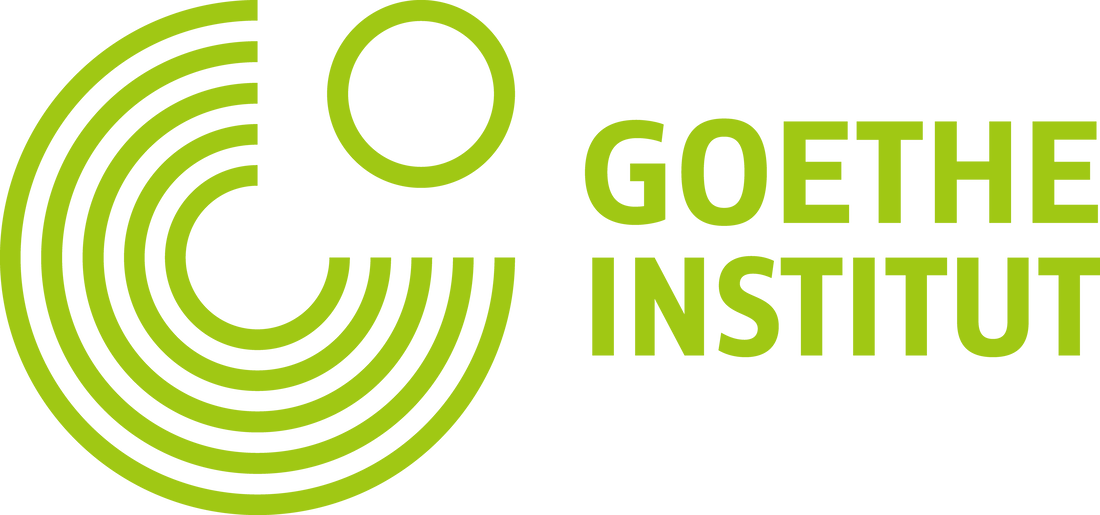COMMON LAB MANUAL: CASE STUDY
|
TABLE OF CONTENTSINTRODUCTION About Common Lab Background Timeline ACTIVITIES RATIONALE Tale of X Cities & media competences for community building State of the Arts & the digital public spheres KEY THEORETICAL CONCEPTS Social innovation through art Art for social change Post-industrial design Cultural and creative industries Bibliography CASE STUDY: TALE OF X CITIES About the case study Tale of X Cities key results & findings Lessons learned & recommendations Model project flow Media productions as evaluation tool Digital events and communication formats |
contactTel.: +30.2310.22.46.26
Email: info@artbox.gr |
Common Lab's Manual for Social Innovation through Art, aims to empower communities to overcome crises.
Common Lab is based on the experience gained through Project LABattoir, which concluded according to plan at the end of 2019. |







